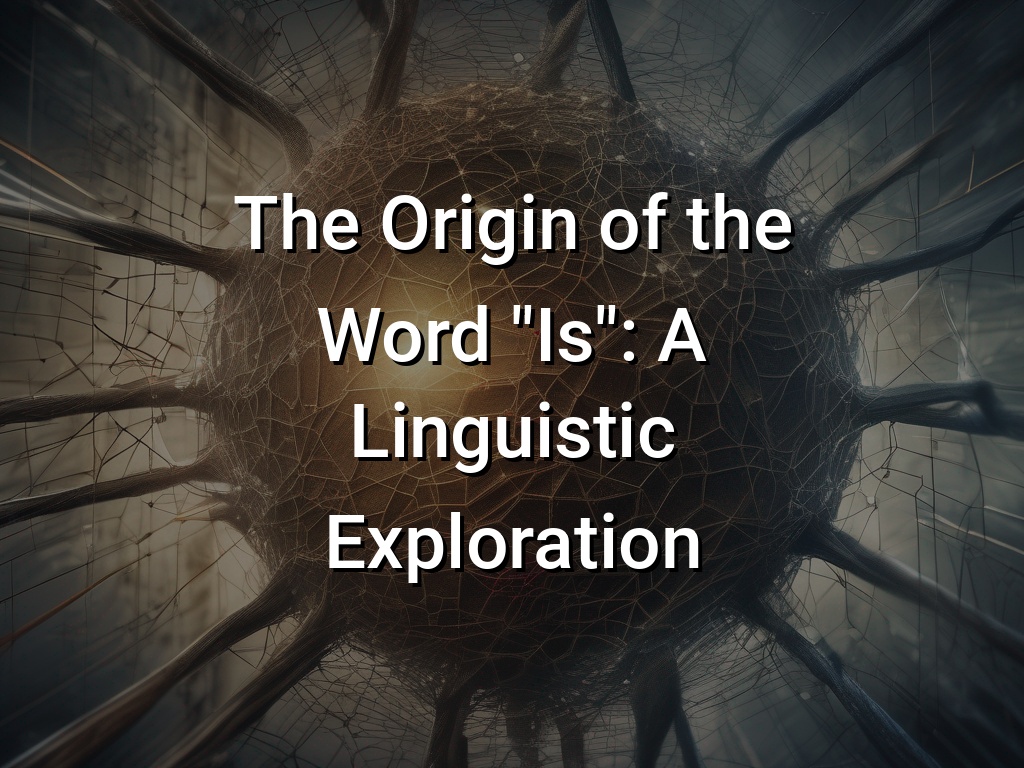Froshofe su ankb cucnato: This seemingly nonsensical phrase presents a fascinating linguistic puzzle. Its origins remain shrouded in mystery, prompting us to delve into phonetic analysis, explore potential cultural contexts, and consider various interpretations ranging from fictional slang to a potential coded message. The journey to unravel its meaning leads us through a captivating exploration of language, culture, and the creative power of seemingly random words.
We will examine the phrase’s structure, comparing it to known linguistic patterns across different language families. Visual metaphors and symbolic representations will be developed to capture the essence of this enigmatic phrase, enhancing our understanding of its potential impact and memorability. The investigation will also consider the phrase’s unique qualities and how its unusual nature might influence its potential for cultural dissemination.
Initial Understanding of “froshofe su ankb cucnato”
The phrase “froshofe su ankb cucnato” appears to be nonsensical in any known language. Its structure and individual components suggest a possible fabrication or a deliberately obscure combination of sounds. However, a phonetic analysis can offer some insights into potential origins and interpretations. The sounds suggest a possible blend of Germanic and possibly Slavic or Romance language elements, though no direct match exists in established dictionaries or linguistic databases.
Phonetic analysis reveals a possible interplay of sounds reminiscent of various language families. “Froshofe” might evoke Germanic roots, potentially related to words signifying frost or a cold place. “Ankb” could be a distorted version of a word with a similar sound, perhaps from a Slavic or Germanic origin, potentially related to concepts of a hook, a bend, or a joint. “Cucnato” bears resemblance to words in Romance languages, possibly implying a connection to concepts related to cooking, a kitchen, or a specific type of food. The preposition “su” resembles Italian or Spanish, suggesting a possible spatial or locative relationship.
Possible Linguistic Roots and Similar-Sounding Phrases
The lack of direct linguistic correspondence necessitates a comparative approach. Considering the phonetic similarities, we can explore comparable sounds across different language families. For example, the “fros-” sound in “froshofe” could be compared to similar sounds found in German words like “Frost” (frost) or “frösteln” (to shiver). The “-hofe” suffix might be reminiscent of German place names or family names. The “ankb” segment presents a greater challenge, but sounds vaguely similar to some Slavic words involving hooks or bends, though the exact connection remains speculative. The “cuc-” in “cucnato” has phonetic similarities to Italian words related to cooking, such as “cucinare” (to cook). The “-nato” suffix could have Romance origins. It is crucial to note that these are merely phonetic parallels and do not definitively establish a direct linguistic connection.
Cultural Contextual Interpretations
Given the lack of a clear linguistic origin, the phrase’s meaning is heavily reliant on interpretation and context. It could be:
- A neologism: A newly coined word or phrase, perhaps invented for a specific purpose (e.g., a fictional language, a code, or a private joke).
- A distorted or corrupted phrase: The phrase might be a mishearing or a deliberate alteration of an existing phrase from a known language.
- A nonsensical phrase: The phrase might simply be a random combination of sounds, lacking any intended meaning.
Without further information regarding the source or intended use of the phrase, any definitive interpretation remains speculative. The context of its discovery or use would be critical in determining its potential meaning.
Contextual Exploration
Given the apparent nonsensical nature of “froshofe su ankb cucnato,” a contextual exploration is crucial to understanding its potential meaning and usage. We must consider various scenarios where such a phrase might appear, ranging from fictional narratives to coded communication. The lack of readily available information about this specific phrase necessitates a speculative approach, focusing on plausible contexts and interpretations.
The phrase’s unusual structure suggests several possibilities. It could be a newly coined term within a specific subculture, a fictional language, a code phrase, or even a random string of words unintentionally assembled. Exploring these possibilities helps to illuminate potential interpretations and contextual implications.
Fictional Scenarios
Several fictional scenarios could incorporate “froshofe su ankb cucnato.” In a science fiction setting, it could represent a coded message from an alien civilization, perhaps a location designation or a ritualistic phrase. Alternatively, in a fantasy setting, it might be a magical incantation or a cryptic prophecy. In a more grounded contemporary setting, it could be a password or a secret phrase used within a clandestine organization. The phrase’s meaning would be entirely dependent on the context established within the fictional world.
Fictional Scene
The flickering candlelight illuminated Elara’s face as she traced the glyphs etched into the ancient stone. “Froshofe su ankb cucnato,” she whispered, her voice barely audible above the wind whistling through the crumbling ruins. The air crackled with unseen energy. As she completed the phrase, a hidden door swung open, revealing a passage leading into the heart of the forgotten city. The phrase, in this context, served as a key, unlocking a passage hidden for centuries.
Related Words and Phrases
Understanding the potential meaning of “froshofe su ankb cucnato” requires examining potential related words and phrases. This is a challenging task given the phrase’s apparent novelty. However, considering the individual words’ potential phonetic similarities to existing languages or the overall structure, some avenues of investigation emerge. We could analyze the sounds and potential root words, comparing them to known languages to see if any similarities or etymological connections might exist. This process, while speculative, could offer some insight into possible origins or intended meanings. For example, we could analyze the individual words for potential phonetic or semantic similarities to words in other languages. The absence of such similarities would further support the idea that this phrase is entirely novel.
Comparative Analysis
The seemingly nonsensical phrase “froshofe su ankb cucnato” offers a unique opportunity to explore the nature of language, specifically the creation and reception of novel linguistic constructs. Comparing it to other invented phrases allows us to analyze its potential impact and understand the factors contributing to its memorability and potential for cultural dissemination. This analysis will examine similarities in sound and structure to existing words, as well as the implications of its unusual nature.
The unusual phonetic structure of “froshofe su ankb cucnato” sets it apart from typical language patterns. Its memorability stems from this very unconventionality. Consider the success of invented words in branding, such as “Kodak” or “Xerox,” which, while seemingly arbitrary, have become firmly embedded in our lexicon. The impact of “froshofe su ankb cucnato” will depend on its context of use and the frequency of its repetition.
Sound Similarities and Linguistic Associations
The phrase’s components evoke a range of potential associations, though none are definitively established. “Froshofe” might subtly recall words related to frost or cold, while “ankb” could, through a stretch of imagination, be linked to words associated with “anchor” or “bank,” hinting at stability or grounding. However, these connections are tenuous and highly subjective. The overall sound pattern of the phrase is quite distinct, lending itself to memorability due to its unexpectedness. This lack of clear etymological roots contributes to its distinctiveness and potential for generating curiosity. The jarring juxtaposition of sounds, rather than creating meaning, enhances the phrase’s overall memorability.
Comparison with Other Invented Phrases
Several fictional languages and invented words in literature and popular culture exhibit similar characteristics. Consider the Klingon language from Star Trek, a constructed language with a complex grammar and vocabulary, yet capable of generating emotional impact and cultural engagement. Similarly, the made-up words and phrases in J.R.R. Tolkien’s works, though rooted in linguistic principles, also contribute to the world’s unique atmosphere and memorability. “Froshofe su ankb cucnato,” while not as systematically constructed as Klingon, shares the same potential to become memorable through repeated exposure and context. The success of such invented phrases hinges on factors like memorability, repetition, and the overall context in which they are presented.
Memorability and Cultural Spread Potential
The phrase’s unusual nature significantly impacts its memorability. Unconventional combinations of sounds and lack of meaning in a familiar language force the listener to actively process the phrase, enhancing its retention. This is comparable to the success of catchy slogans and jingles in advertising, which often utilize unusual sound patterns or unexpected rhymes to enhance memorability. The potential for cultural spread depends on several factors including the frequency of its use, the context in which it is introduced, and the extent to which it is incorporated into media or social interactions. Successful propagation would likely require strategic dissemination and repeated exposure.
Wrap-Up
Ultimately, the exploration of “froshofe su ankb cucnato” reveals the fascinating interplay between language, culture, and imagination. While a definitive meaning may remain elusive, the process of investigation itself unveils the rich potential within seemingly nonsensical phrases. The journey has highlighted the power of linguistic analysis, creative interpretation, and the enduring human fascination with deciphering the unknown. The ambiguity of the phrase, in fact, becomes its strength, allowing for a multitude of interpretations and fueling further exploration and creative endeavors.




